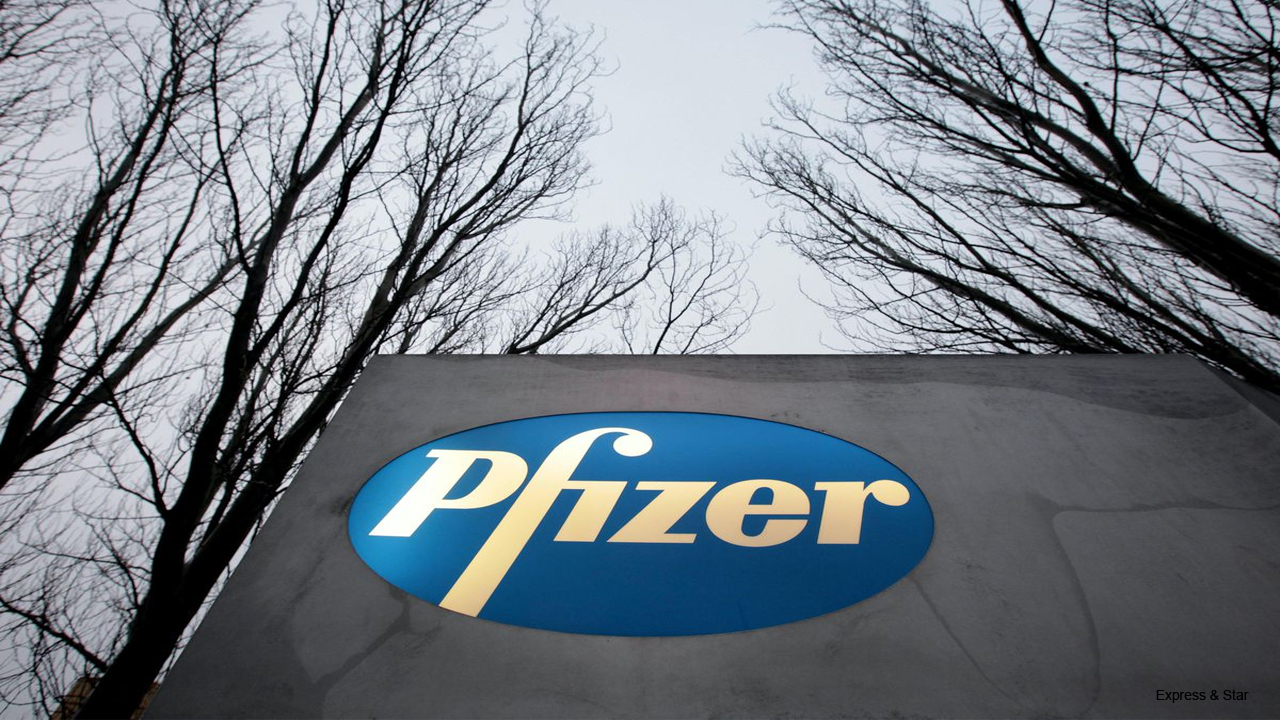Pfizer Inc. recently announced that the U.S. Food and Drug Administration approved the supplemental New Drug Application (sNDA) for XALKORI (crizotinib) for the treatment of pediatric patients 1 year of age and older and young adults with relapsed or refractory, systemic anaplastic large cell lymphoma (ALCL) that is anaplastic lymphoma kinase (ALK)-positive. The safety and efficacy of XALKORI have not been established in older adults with relapsed or refractory, systemic ALK-positive ALCL. ALCL is a rare form of non-Hodgkin lymphoma (NHL) and accounts for approximately 30% of cases of NHL in young people. Approximately 90% of ALCL cases in young people are ALK-positive.
“We are proud to deliver the first biomarker-driven therapy for children and young adults with ALCL. XALKORI offers a meaningful new treatment option for young patients with relapsed or refractory ALK-positive ALCL,” said Chris Boshoff, M.D., PhD, Chief Development Officer, Oncology, Pfizer Global Product Development. “XALKORI transformed the treatment of ALK-positive non-small cell lung cancer as the first biomarker-driven therapy for that disease, and this approval is a notable milestone in our journey to continue to follow the science to address cancers with significant unmet need.”
Although the majority of people with ALK-positive ALCL respond well to chemotherapy and experience long-term remission, a number of patients will, unfortunately, relapse or require alternative treatment approaches.
“With increased attention being placed on the development of targeted agents and the importance of ALK in pediatric patients with ALCL, the approval of XALKORI is a significant victory in our ongoing fight against these cancers that provides an outpatient oral medication with the real possibility of robust and sustained responses,” said Yael Mossé, M.D., Associate Professor of Pediatrics at the University of Pennsylvania/ Children’s Hospital of Philadelphia and Principal Investigator for the pivotal study run through the Children’s Oncology Group. “ALK fusions play an important role in the pathology of ALCL, and it’s exciting that XALKORI is able to leverage this dependence to provide a treatment option for young people faced with ALCL disease progression.”
The FDA approval is based on results from Study ADVL0912 (NCT00939770), a multicenter, single-arm, open-label study in 121 patients between the ages of 1 and 21 that included 26 patients with relapsed or refractory, systemic ALK-positive ALCL after at least one systemic treatment. Treatment with XALKORI resulted in an objective response rate of 88%. Among the 23 patients who achieved a response, 39% maintained their response for at least 6 months and 22% maintained their response for at least 12 months.8
The safety profile of XALKORI in ALK-positive ALCL in children and young adults is generally consistent with that observed in patients with ALK-positive and ROS1-positive metastatic NSCLC. The most common adverse reactions (≥35%), excluding laboratory abnormalities, were diarrhoea, vomiting, nausea, vision disorder, headache, musculoskeletal pain, stomatitis, fatigue, decreased appetite, pyrexia, abdominal pain, cough and pruritis. The most common Grade 3 or 4 laboratory abnormalities (≥15%) included neutropenia, lymphopenia and thrombocytopenia. Grade 4 laboratory abnormalities (≥15%) included neutropenia (62%), lymphopenia (35%) and thrombocytopenia (19%). In Study ADVL0912, visual disorders occurred in 46% of 121 patients treated with XALKORI, including 65% of the 26 patients diagnosed with ALCL.
“Crizotinib represents an exciting new development in the treatment of this disease,” said Meghan Gutierrez, Chief Executive Officer at the Lymphoma Research Foundation. “Researchers have made significant progress in our understanding of ALCL, which we hope will continue to improve treatment strategies and the options for children with ALCL. Today’s news builds upon this progress and provides hope to pediatric patients with ALCL and their loved ones.”
XALKORI received Breakthrough Therapy designation (BTD) from the FDA for the ALK-positive ALCL indication in May 2018. The European Medicines Agency (EMA) has agreed to a Paediatric Investigational Plan (PIP) for XALKORI including the treatment of pediatric patients with relapsed or refractory systemic ALK-positive ALCL. This agreement provides a path for a potential regulatory submission for XALKORI in pediatric patients with relapsed or refractory ALK-positive ALCL in the European Union.

 XALKORI is the first biomarker-driven therapy for relapsed or refractory ALCL in young people
XALKORI is the first biomarker-driven therapy for relapsed or refractory ALCL in young people











.jpeg)













.jpg)
.jpeg)





